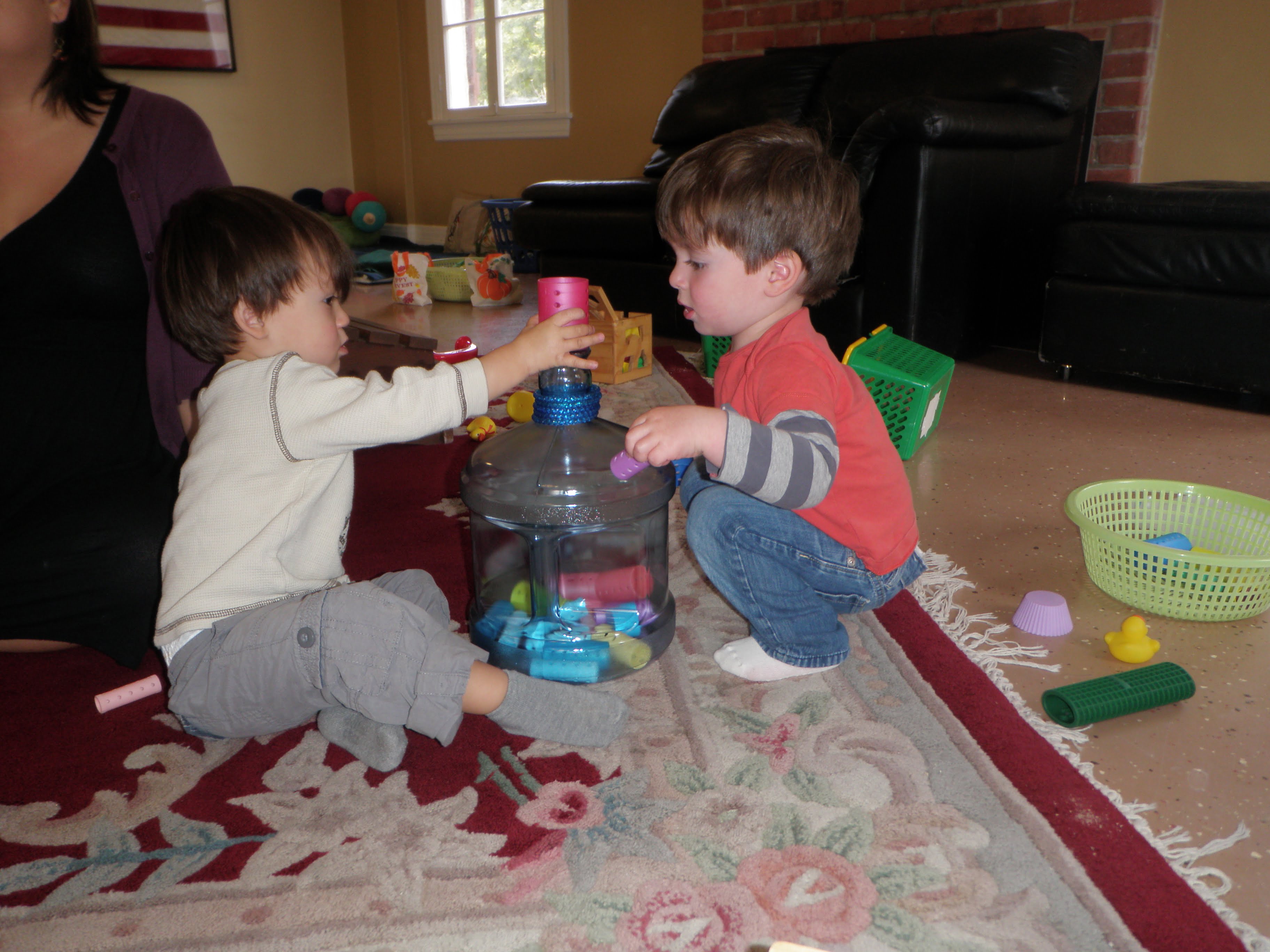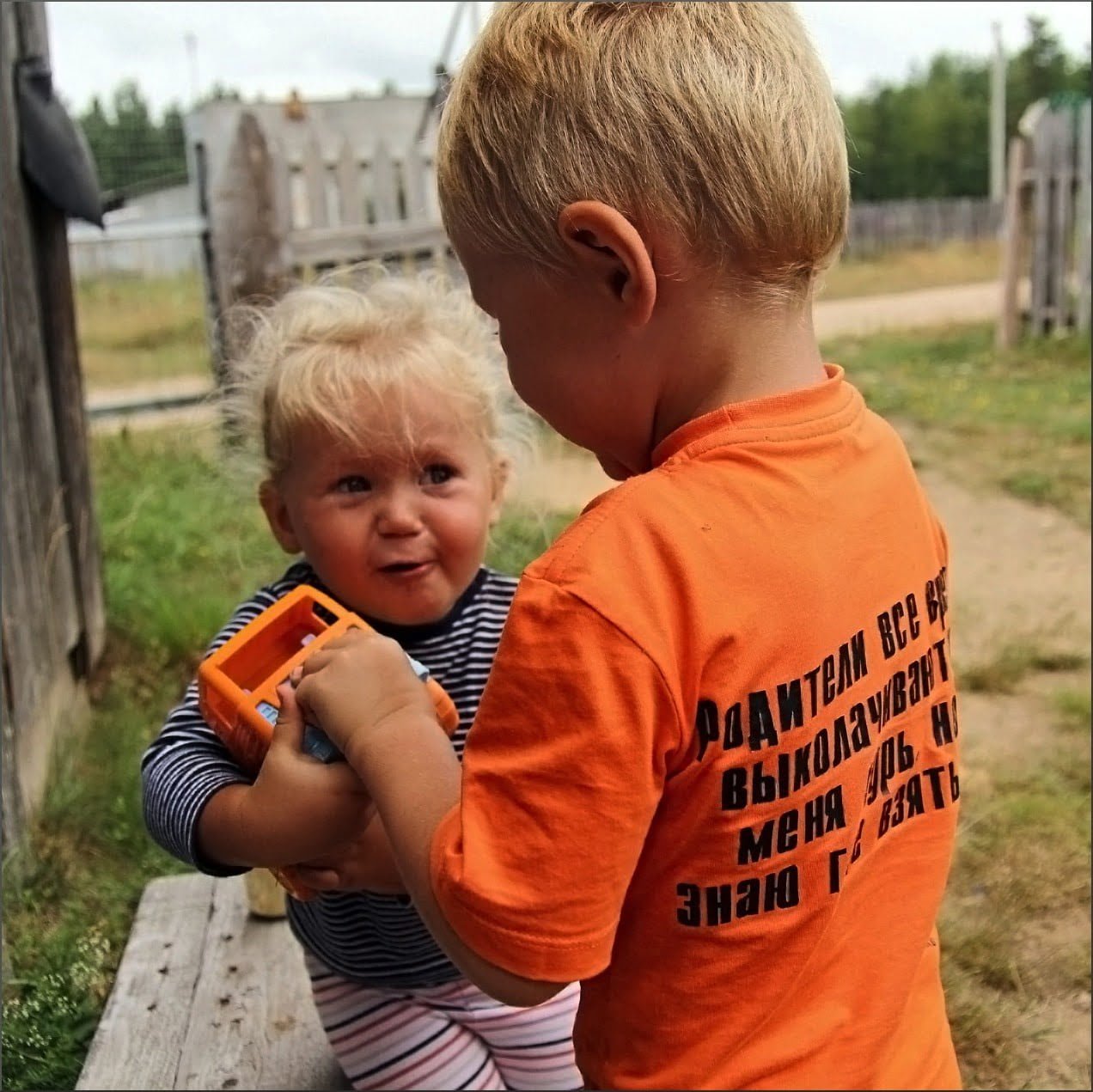It is easy to send a message of acceptance as well as to withdraw acceptance. Last summer, I was visiting my mother and searching for her acceptance.
I was traveling by subway, and I hadn’t planned to think much about child development until I witnessed a particular situation. A seven-year-old girl was sitting on the subway seat, a two-year-old was lying in a stroller, and their mother stood next to the stroller while I sat across from them. The two-year-old girl stretched her arm up, and the mother gently moved the stroller’s cover, smiled, and lightly touched the little girl’s hair. Their eyes met. I thought it was special – a unique opportunity to build a relationship and an emotional connection. The little girl giggled softly and began crinkling the soft roof of the stroller. The mother quickly reacted by lightly tapping her on the arm, straightening the roof, and looking away from the girl’s face to gaze into the distance. The girl softly cried and soon fell asleep.
After a few stops had passed, the older daughter stood up next to her mother. She stood on her tiptoes and gazed at her reflection in the tinted window. Her mother shared a smile with her. Encouraged by her mother’s warm smile, the girl attempted to reach higher and almost jumped. The mother abruptly and harshly told her to stop.
In both situations, the mother conveyed mixed messages: first, an encouraging and accepting message, and then a discouraging and disapproving one.
This may seem trivial and insignificant at first, yet it holds significance for the child who constantly receives messages of unacceptance. It appears that she naturally loves her children but doesn’t know how to respond when their behavior seems inappropriate.
What would you do? How could she respond differently in such situations?
Make an emotional connection with the child, perhaps by getting closer or using words of acknowledgment. Since this mom already had an emotional connection with her daughter when the situation occurred, it should be even easier for her to guide her daughter’s behavior toward something more acceptable.
Name what you see, and make a simple statement: “I see you are crinkling the roof.” This helps the child understand what’s happening and gives the mother an extra moment to think.
Let’s say the mother decided that she didn’t want her daughter to continue what she was doing. The mother can simply set the limit by saying: “I am worried that the roof will be damaged, so I don’t want it to be pulled and crinkled.” (A short reason and a clear limit.)
The mother can remove the roof or put it away. She can redirect her child’s energy into acceptable behavior by offering the child a toy: “I don’t want you to play with the roof; here’s something else you can play with.”
Often, this kind of response will yield a positive result. Your child will hear you. Instead of an unpleasant meltdown in a public setting, the situation can turn into a positive interaction.
This is only the short-term benefit of this interaction. The long-term benefits will still be tremendous even if the child chooses not to cooperate after the exchange.
What is the long-term goal? The long-term goal is to:
- Build a healthy relationship (most of us want our children to grow up into teenagers who listen to our words).
- Respect the child as a whole child (if we expect our children to respect us, we should show them respect).
- Ensure that the child knows that her mother listens, understands, and loves her. • Foster self-respect throughout their life.
- Cultivate a healthy self-esteem.
- Help the child learn the parent’s expectations, norms, and family values (what is okay and what is not okay).
Let me know if you need more information about RIE® Parent-Infant Guidance™ Classes.
Wishing you all the best in this difficult yet exciting journey of parenting!
Warmly,
Teacher Kira














